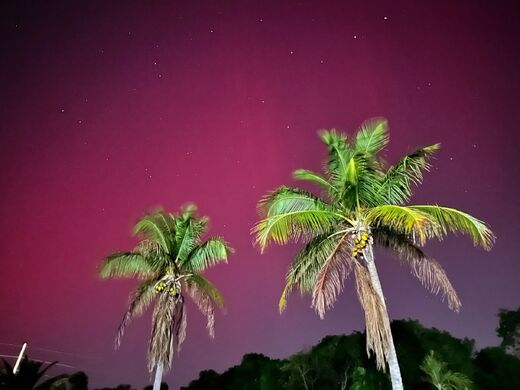One person was reported dead in the shootout in the Pavao-Pavaozinho favela and a 12-year-old boy was injured in the protest, according to local media.
The slum was placed under lockdown as protesters set barricades of tyres and cars alight. Several streets were blocked as police struggled to contain the protest.
The unrest began after the body of professional dancer Douglas Rafael da Silva Pareira was found dead on Tuesday morning.


Rio de Janeiro's State Security Secretariat said his death is being investigated, but his injuries appear to be consistent with a fall, according to Rio authorities.
With the World Cup just two months away, the favelas represent the biggest security crisis facing Rio since it launched the police pacification units (UPPs) programme five years ago.
The initiative reclaims lawless territory ruled by drug traffickers in the slums and replaces it with a police presence. However, crime is still present in "pacified" slums such as Pavao-Pavaozinho, adding to security concerns ahead of the World Cup, which begins on 12 June.
The latest incident comes only days after residents of the Caramujo slum, near Rio de Janeiro, set alight four buses to protest at the deaths of 21-year old Anderson Santos Silva, who was killed by a bullet on his way to a Good Friday church service, and 17-year-old Emanoel Gomes who died after his motorbike crashed into a military vehicle.

Amnesty International Brazil office director, Atila Roque, said: "Our police still have blood on their hands, and are allowed to act with impunity as extra-judicial killings remain rife in Brazil's major cities."




Reader Comments
to our Newsletter